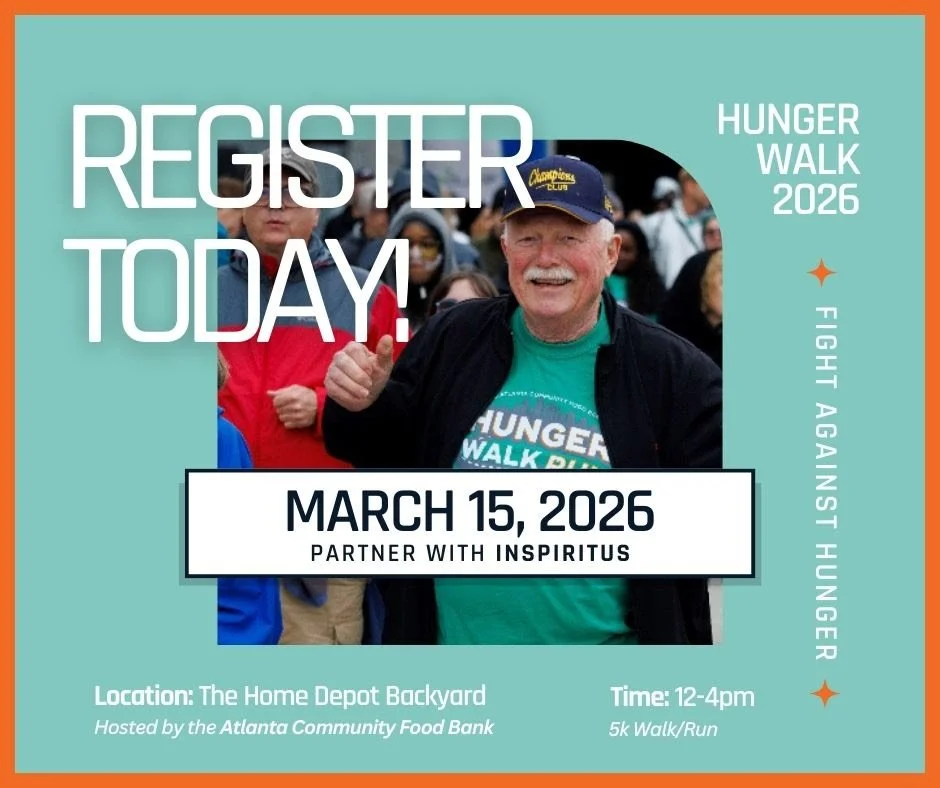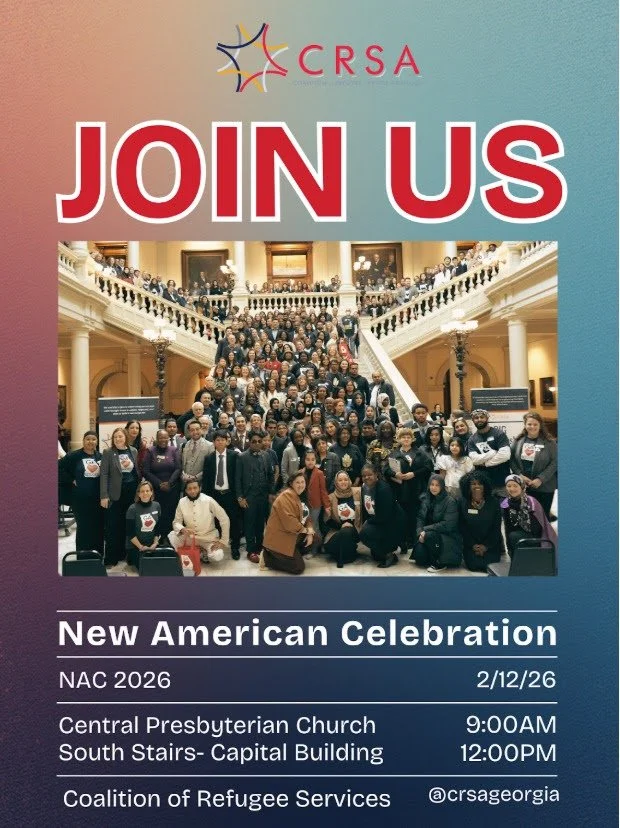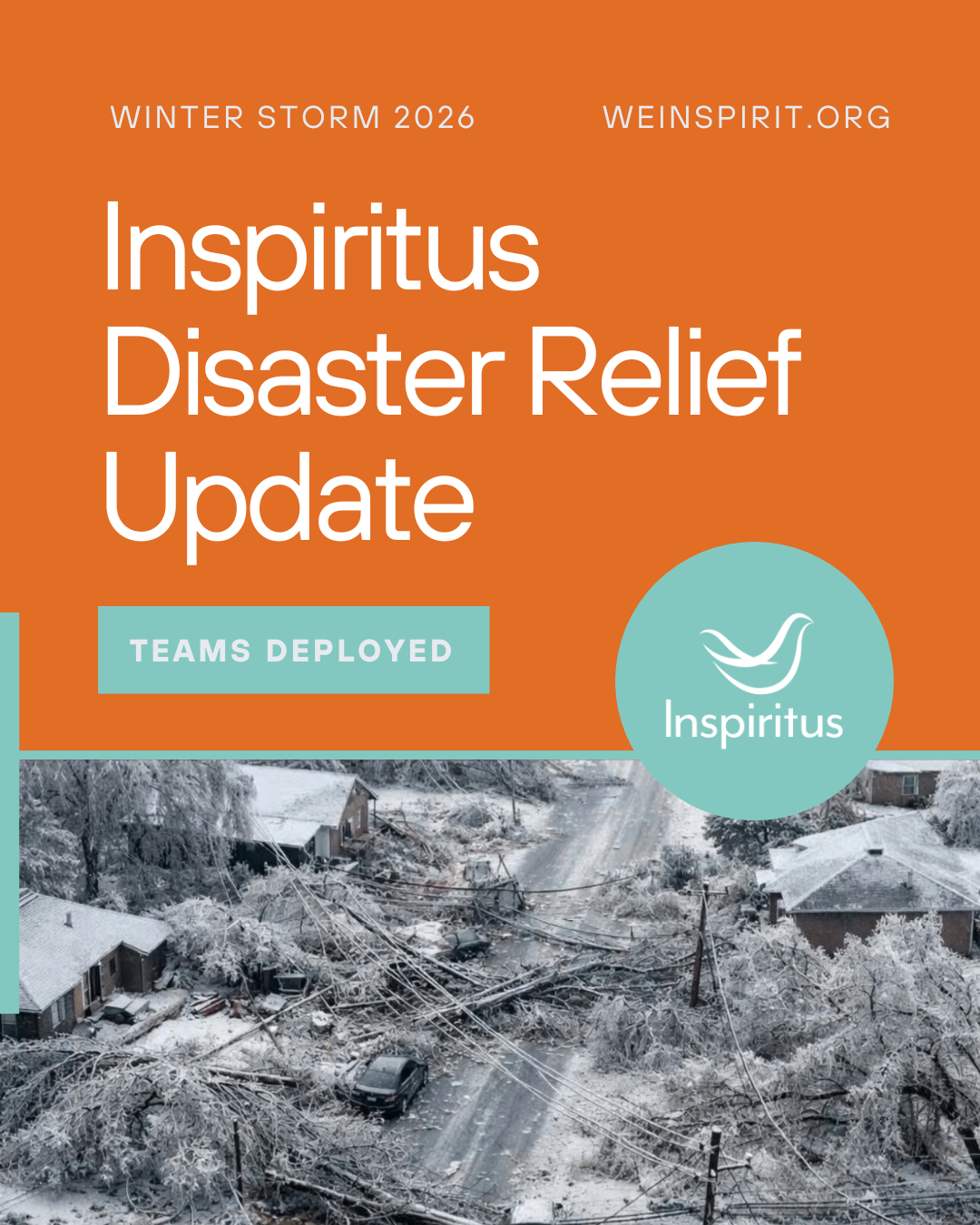Support a Nashville Refugee Family This Summer
/Dear Friend,
Mina and her three children fled their home in Sudan after their family was targeted for one heartbreaking reason: they are Christians.
Her husband was killed in a brutal act of religious violence, and with their lives in danger, Mina had no choice but to escape with her children. They arrived in Nashville seeking the one thing they had lost—safety.
With strength and determination, Mina has started to rebuild. But this summer, her family faces another crisis: with school out, Mina is struggling to provide enough food and find a safe, structured place for her children while she works.
Right now, they need our help.
Your gift today can provide families like Mina’s with critical support—nutritious food and access to summer and afterschool programming that helps children heal, learn, and grow.
In the last year alone, Inspiritus has served 5,380 refugees across Atlanta, Savannah, Nashville, and Birmingham—including 136 refugees who fled from Sudan.
For over 40 years, Inspiritus has supported refugee families across the Southeast—families escaping war, persecution, and disaster—with housing, employment assistance, youth programs, and emergency aid. But due to recent funding cuts, our ability to serve families like Mina’s is at risk.
Your compassion today can give a family like Mina's the support they need to survive and thrive.
Thank you for standing with Mina and so many others who have risked everything for the freedom to live in peace.
With gratitude,
Virginia Spencer
Chief Development Officer
Inspiritus



























